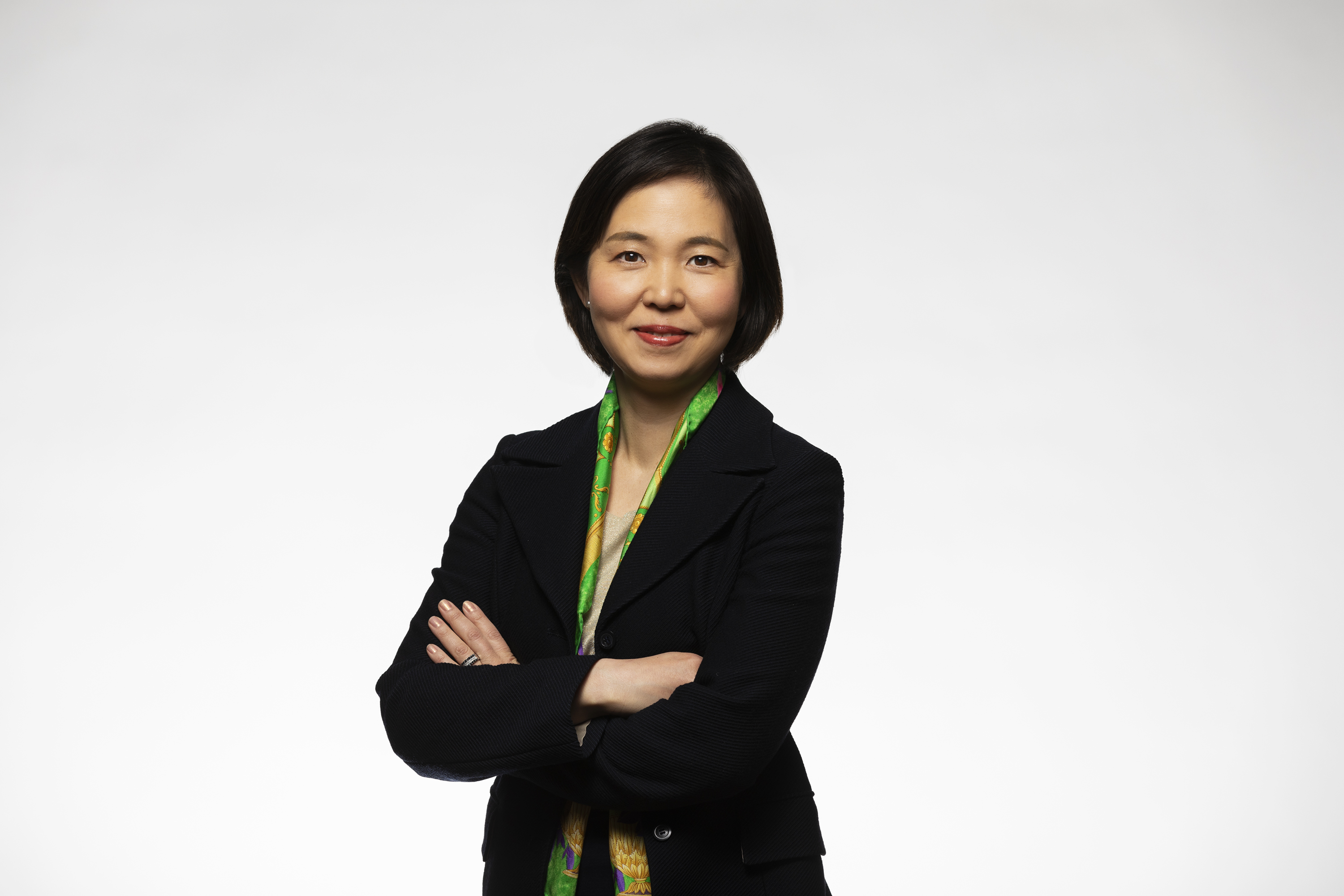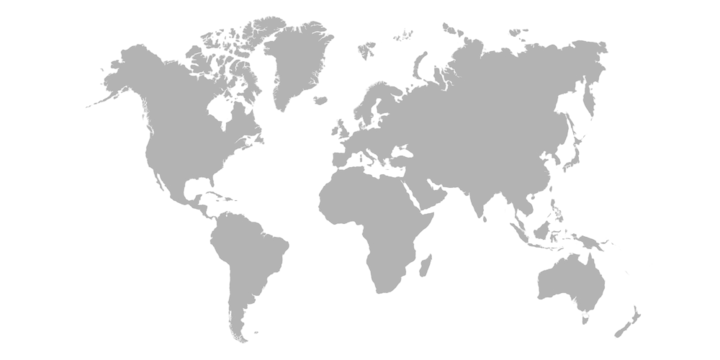Handelsbanken Japan Tema (A9 SEK)
About risk
Historical yields are not a guarantee of future returns. A fund can both increase and decrease in value and it is not guaranteed that you will recover the entire invested amount. Note that a fund with risk level 5-7, as stated in the fund's fact sheet (KID), can vary greatly in value due to the fund's composition and management methodology. The prospectus, fund rules and KID are available under each fund. Summary of investors' rights.
Factsheet
Target Market
Costs and charges
Fund rules (191 kB)
Prospectus (1593 kB)
Periodic reports
Sustainability SFDR (1078 kB)
Annual review (PF) (3182 kB)
Semi-annual report (PF) (197 kB)
Marketing material
Brief fund information
Summary SFDR (168 kB)
Pre-contractual SFDR
Pre-contractual SFDR (1090 kB)
The thematic investment strategy provides for investments that occur in a limited area in which development is deemed to result in a structural change to the economy and society. This change provides favorable conditions for companies active within the area to create profitable growth over time.
For this fund, the fund company's Enhanced exclusion level applies. For information about sectors that the fund excludes, see the Detailed information tab.
The fund is reported as an Article 8 fund pursuant to EU regulation 2019/2088 on sustainability-related disclosures in the financial services sector (SFDR).

Fund manager
Hiromi Okazawa Experience in the fund industry 2002. Portfolio Manager since 1 January 2024.
|
|
||
|---|---|---|---|
|
The risk indicator provides guidance on the risk level for this product relative to other financial products. It shows the likelihood that the product will decrease in value due to market performance. Risk level 1 represents a low risk and risk level 7 is a high risk.
|
|
|
||
|---|---|---|---|
|
This fund promotes environmental and social characteristics through its investments but does not have sustainable investments as its objective. As a result, the fund takes into consideration the environment and climate, as well as human rights, employees’ rights and corruption. The fund is reported as an Article 8 fund pursuant to EU regulation on sustainability-related disclosures in the financial services sector (SFDR). |
|
31.10.2025
|
|||
|---|---|---|---|
|
The sustainability rating is developed by the fund information company Morningstar. The rating measures how well the fund's investee companies manage sustainability risks relative to other funds within the same global Morningstar category. If the fund has invested in government bonds issued by sovereign states, the respective country's sustainability risk is included in the calculation. The analyzed funds can receive a sustainability rating between 1 and 5 globes, with 5 as the highest rating. The fund complies with the UN Principles for Responsible Investments. |
Graph
Performance
| Rate 15.01.2026 | 1 week | 1 month | 3 months | 2026 | 1 year | 5 years | 10 years |
|---|---|---|---|---|---|---|---|
| 147.21 SEK | 3.39% | 2.51% | 2.59% | 5.21% | 8.89% | 29.26% | - |
Portfolio 09.10.2025
Portfolio distribution 31.12.2025
Geographic breakdown 31.12.2025



